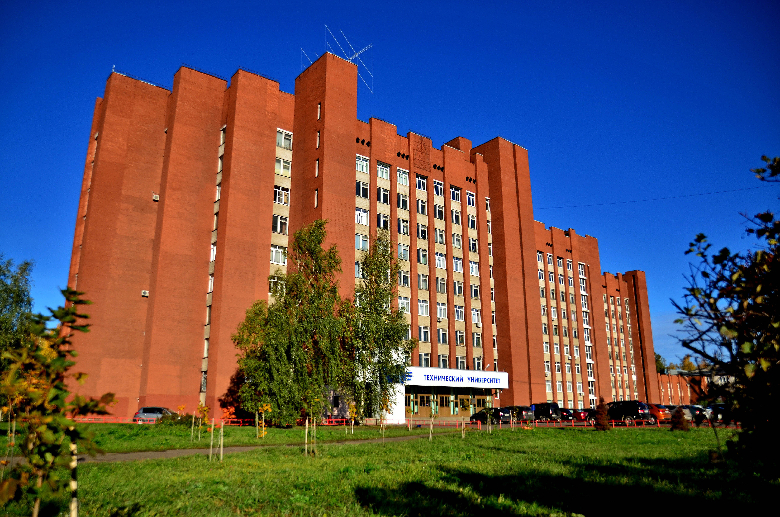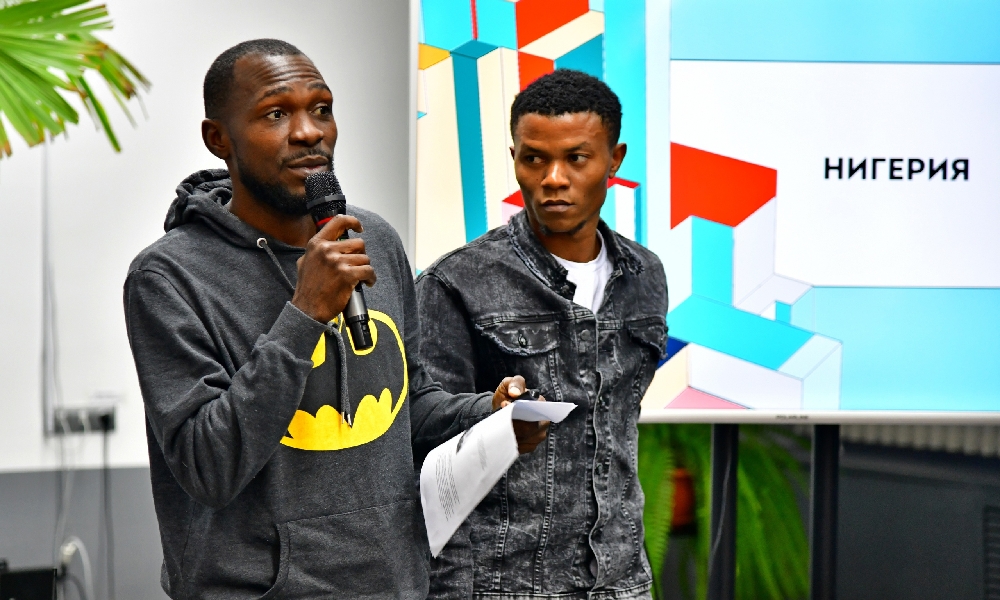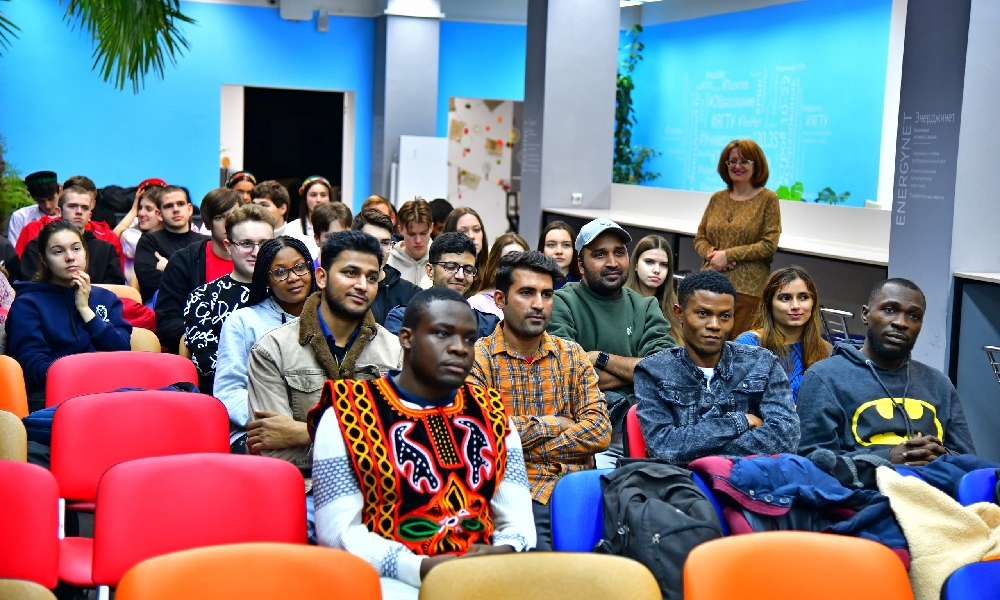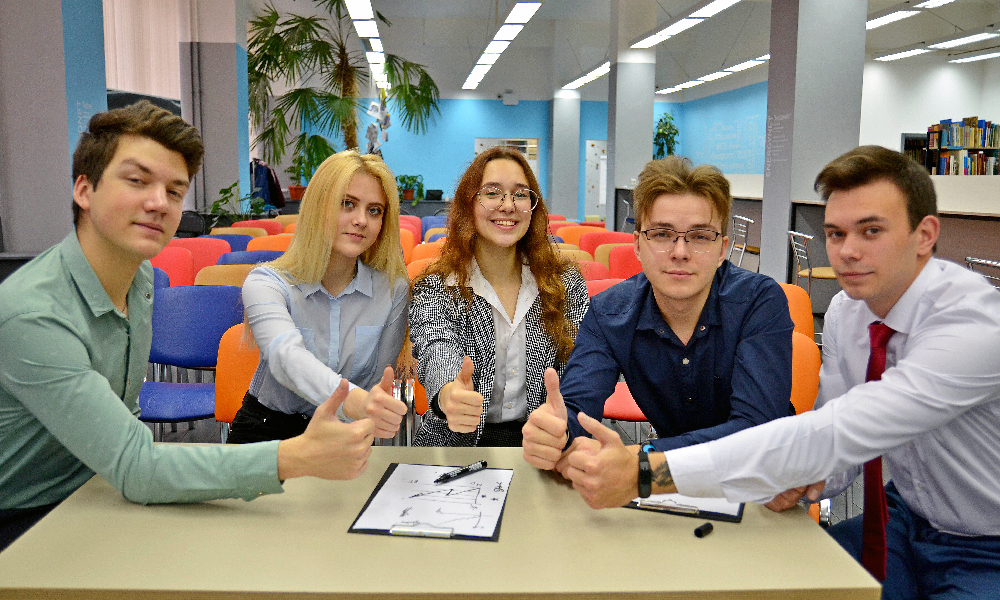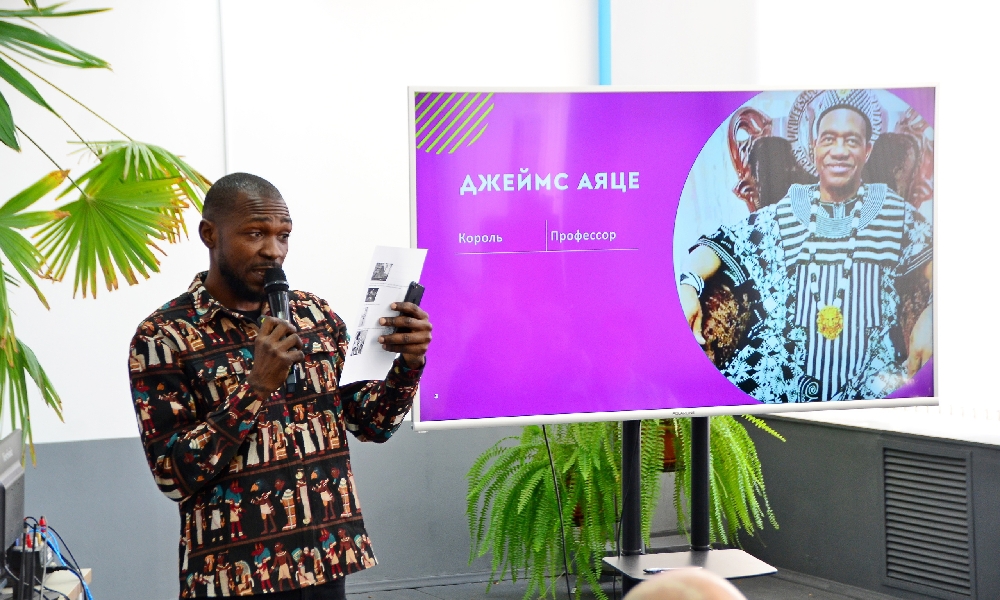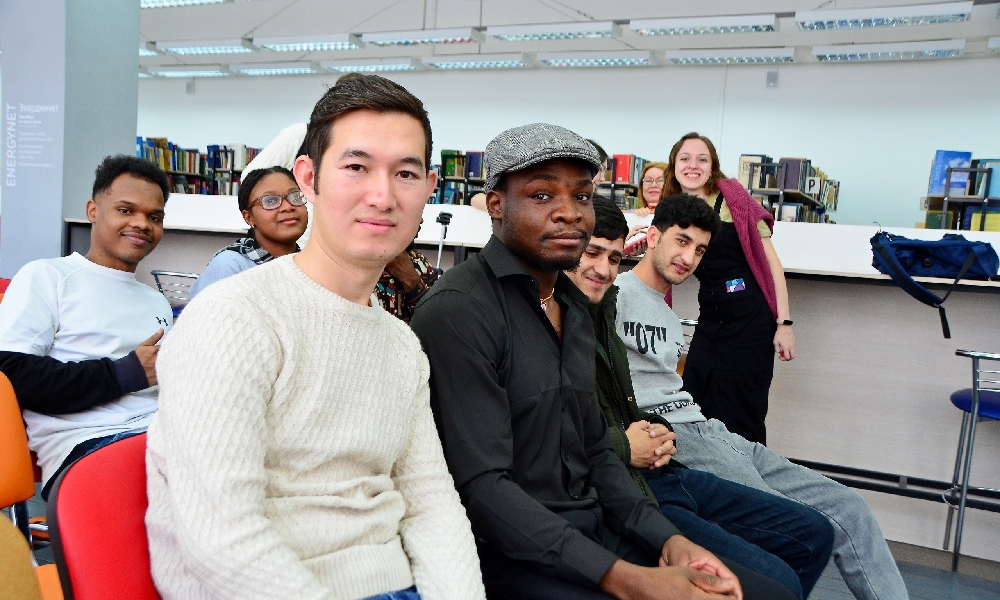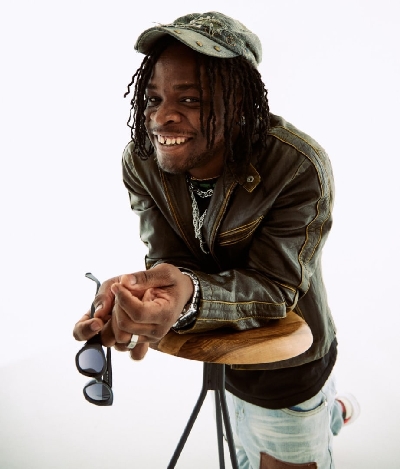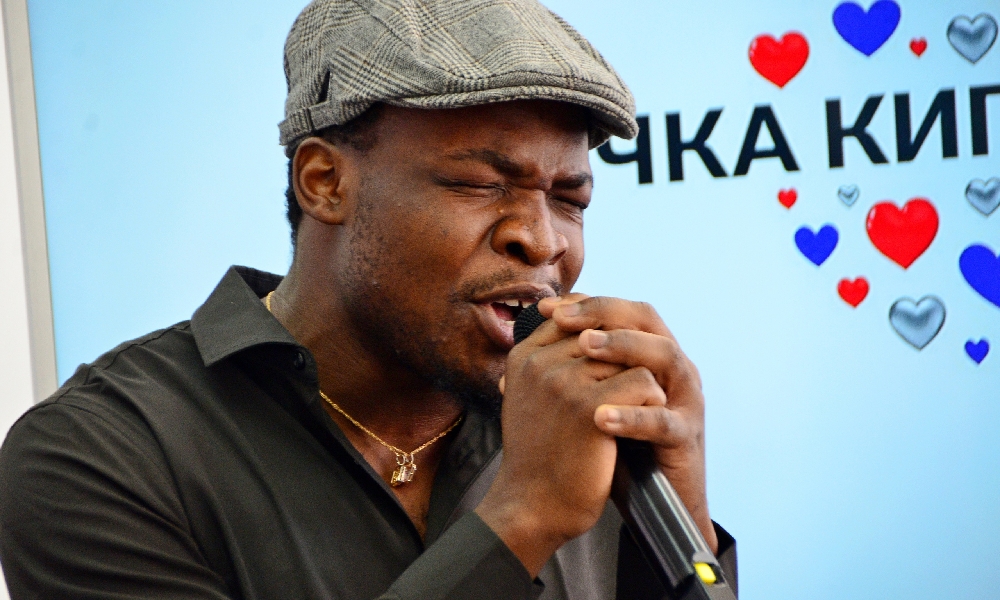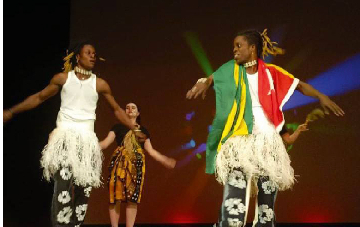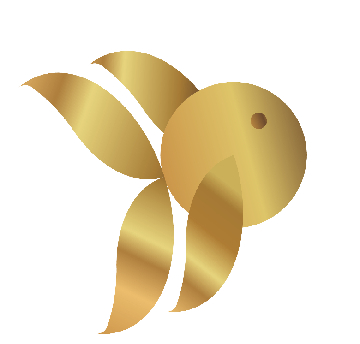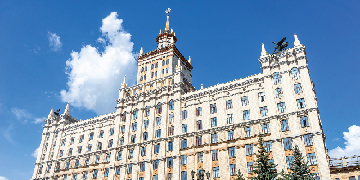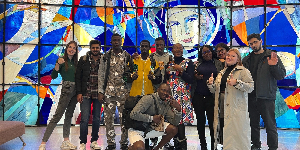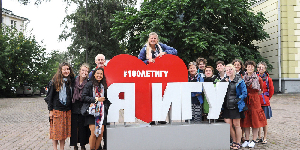29
Bachelor’s and Specialist’s programs
6,000+
students, including African students
Yaroslavl State Technical University is a large Russian technical university that offers more than 50 fields of study, including chemistry, biotechnology, architecture, design, shipbuilding, software engineering, information technology, telecommunications, mechanical engineering, and others.
More than 90% of YSTU graduates are successfully employed in their degree field. The university has student scientific societies and holds an annual student research conference that is one of the oldest conferences in Russia.
https://www.ystu.ru/
VK - @priemystu
Information for applicants
Tuition fees per year
Bachelor’s and Specialist’s programs – 135,302 RUB – 219,802 RUB
Master’s programs – 146,117 RUB – 164,607 RUB
Benefits of YSTU
- High-quality training
- Early integration of training with internships at partner enterprises
- Comfortable campus with all buildings and dormitories in one place
- Interesting student life: sports clubs and competitions, creative activities, theater, innovation workshops, volunteer projects
- Great experience in teaching international students
- Comfortable living environment in the university campus dormitories for all students
- Positive attitude towards students from other countries
Popular study programs among African students
- Information Technology
- Programming
- Telecommunications
- Chemical Engineering
- Chemistry
- Design Engineering
- Civil Engineering
YSTU has advanced fields of study such as:
- information systems and technologies (includes information security and artificial intelligence programs)
- programming
- telecommunications systems and communication networks
- innovative biotechnologies
New Shipbuilding program
The language of instruction is Russian
Admission Office
Address: 84, Building A, A-219, Moskovsky Prospekt, Yaroslavl, 150023
+7 (4852) 44-17-39
8 (800) 250-76-77
priem@ystu.ru
International Office
Address: 88; Building Г, 2nd floor, Г-216, Moskovsky Prospekt, Yaroslavl, 150023
+7 (4852) 44-66-05
Anton Simonov – Head of the International Office
simonovaa@ystu.ru
Daria Balaleikina – International Office Specialist
balaleikinada@ystu.ru
Partner universities
- Abylkas Saginov Karaganda Technical University (the Republic of Kazakhstan)
- Sukhoi State Technical University of Gomel (Belarus)
- Belarusian National Technical University (Belarus)
- Heilongjiang Polytechnic (China)
Center for Continuing Education
At the Digital Department, students can pursue a one-year program in Data-Driven Management for free.
Courses and programs:
- Computer Graphics and 3D Modeling Basics
- Three-Dimensional Modeling in KOMPAS 3D
- Information Technology
- Information Security
- Cybersecurity and Data Protection Basics
- Cybersecurity Analyst
- Personal Data Security When Processed in Personal Data Information Systems
- New Materials and Advanced Technologies in Mechanical Engineering
- Pharmaceutical Chemistry
- Finite Element Analysis for Engineering in Ansys
- PLC1хх Basic Course (Programming in CODESYS 2.3)
Duration: 1 month - 1 year
Tuition fee: from 25,000 RUB
What motivates students to apply is their wish to improve their qualifications in a particular field for their professional development or their need to expand their professional skills by studying additional fields of knowledge and practice.
The university has the Engineering Development Center and the Technology Transfer Center that are responsible for innovative solutions for enterprises.
Jerry, a student from Nigeria
When I started studying Russian, I was astounded by how different it was from my native English language. In the beginning, I found it difficult to master grammar and pronunciation, but having classes on a regular basis and my teachers helped me make rapid progress. I took a special pleasure in reading and listening to short Russian jokes. They helped me better understand Russian culture and mentality. Now I speak rather good Russian and feel confident while communicating with students and teachers.
How African Students Learn Russian
Special aspects of learning
The native language of African students differs from Russian both in its structure and vocabulary. For example, African languages do not often have gender and case, and we have different phonetic systems. To master the Russian language, we recommend using different learning methods:
- reading Russian texts (starting from easy texts and gradually moving on to more difficult ones)
- listening to audio materials (podcasts, radio shows, and audiobooks)
- active participation in speaking activities, for example, in discussion groups.
Russian as a Foreign Language Learning Challenges
The Russian alphabet contains the letters that can convey different sounds depending on their position in a word. For example, you can read the letter “o” as [a] or [o] and the letter “e” as [e] or [je].
Russian grammar includes declensions of nouns and adjectives, verb conjugation, sequence of tenses, and many other things. Foreigners can find it hard to understand why one word changes but the other does not or how to determine the gender of a noun. To practice grammar rules, it would be helpful to do such exercises as choosing the correct word form, making up sentences, filling in gaps in a text, and writing an essay.
So, learning Russian requires patience, consistent work, and ongoing practice.
Russian Culture in the Aspect of Teaching Russian as a Foreign Language
Studying Russian culture when learning the language is an important aspect of the process of integration into society. It helps students better understand the mentality, values and traditions of the country, which offers a profound insight into the language and culture. Their interest in Russian culture depends on the personal preferences and hobbies of each international student. They are primarily attracted by Russian cuisine and the history of Russia. Acquaintance with these aspects helps them immerse themselves more deeply in the life and culture of Russia, making the process of learning the language more comprehensive and entertaining.
30.11.2024
